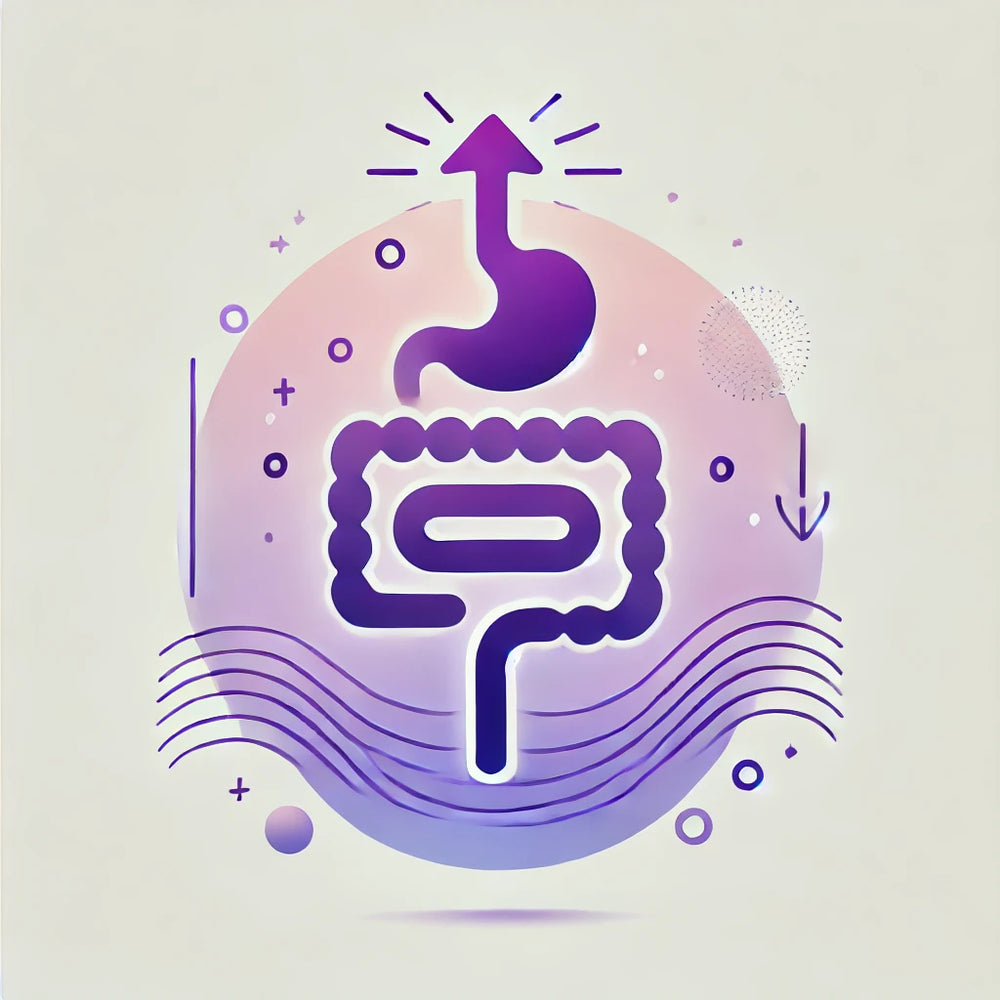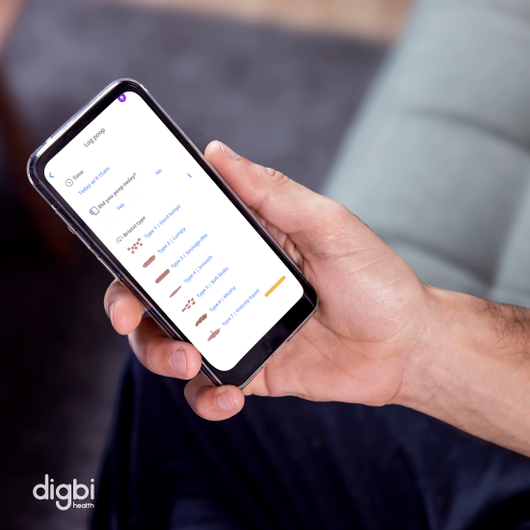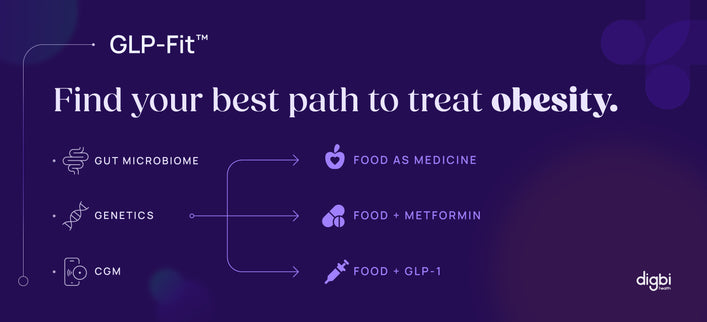Each year, millions of Americans experience annoying and painful symptoms from irritable bowel syndrome. Doctors’ visits, surgeries, and tests can lead to billions of dollars in healthcare costs.
The Cost of IBS
People who suffer from IBS (about 10-16% of the U.S. population) have complications associated with poor quality of life and mood disorders. Recent studies proved that an imbalance in gut bacterial communities, or "dysbiosis," may contribute to the pathophysiology of IBS. The price to pay for gastrointestinal diseases in the United States will reach $136 billion each year. It greatly outweighs the cost risk analysis of heart disease, trauma, and mental health. Not only is the cost burden felt by the sick patient, but employers and insurance companies also bear the financial impact.
Research indicates that people with IBS miss three times as many days from work (about 1.5 days a month) as those without bowel symptoms because of extreme pain and discomfort. Because of this, employers are looking for different ways to help their staff get healthy and stay healthy.
IBS Solutions
Digbi focuses on clients’ digestive issues and their comorbid chronic illnesses, like chronic fatigue syndrome, chronic pain, gastroesophageal reflux disease, and functional dyspepsia. A study published by the Annals of Family Medicine says, "Comorbidity is associated with worse health outcomes, more complex clinical management, and increased healthcare costs." Focusing on each client’s unique genetics and gut microbiome allows them to live strong, disease-free, and IBS free.
The Gut And IBS
Researchers have identified a clear connection between the brain and the gut (which is full of nerves). The gut comprises the largest area of nerves outside of our brain, with the digestive tract and the brain sharing many of the same nerve connections.
The gastrointestinal tract harbors most of the microbial cells inhabiting the body, known as the microbiota, that have several requirements for the maintenance of the gastrointestinal mucosal barrier's structural integrity and protection against pathogens. Dysfunctions are linked to conditions like gastrointestinal disorders ranging from irritable bowel syndrome, constipation to diarrhea.
The University of Gothenburg researchers have also detected a connection between Brachyspira, a genus of bacteria in the intestines, and IBS -- especially the form that causes diarrhea.
Symptoms of IBS may include:
- Abdominal pain or cramps, usually in the lower half of the abdomen
- Bowel movements that are harder or looser than usual
- Diarrhea, constipation, or alternating between the two
- Mucus in stool
- Excess gas
- Bloating
IBS can negatively impact the sufferer's productivity and quality of life by a significant degree, both personally and professionally. DIgbi’s therapeutic care plans help relieve disorders like IBS and co-morbid symptoms can be alleviated in the process. Former sufferers are given a dramatic improvement in their quality of life.
The Financial Burden
In 2016, a US study found that total annual direct costs for IBS patients reached up to $16,801 dollars a year. This study, in the charts below, includes all types of IBS and does not remove any demographic differences. Costs associated with physician office visits are the main driver of costs for both IBS-D patients and controls, followed by hospitalizations and lastly ER visits.
U.S. Patient Direct Costs

Academy of Managed Care Pharmacy Annual Meeting, San Francisco, CA, April 19–22, 2016 https://www.kantarhealth.com/docs/publications-citations/buono-j-carson-r-flores-nm-healthcare-resource-utilization-and-direct-medical-costs-among-patients-with-irritable-bowel-syndrome-with-diarrhea-amcp-san-francisco-ca-april-2016
Employers and employees carry the heavy cost of treating IBS. Employees with IBS drive up the cost of insurance for their employers and employees are hit with costly doctor and drug costs. IBS's total direct costs (healthcare-related services like doctor visits, diagnostic tests, and prescription or OTC medication) are substantial. Excluding prescription and over-the-counter medicines, direct costs like missed work because of doctor's appointments have been estimated to range from $1.5 to $10 billion. However, the indirect costs of IBS have been estimated to be much more significant -- approaching $20 billion.
Reverse IBS
It is possible to reverse IBS with help from Digbi. IBS has been significantly associated with small intestinal bacterial overgrowth (SIBO) (4% to 78%) and prior GI infection (5% to 32%), suggesting that enteric dysbiosis (i.e., disrupted microbial homeostasis) is a potential pathogenic mechanism of IBS.
Treatment to help reverse IBS begins with prebiotics. Digbi prebiotic supplements help reduce the intensity of IBS symptoms and improve quality of life, compared with not taking a prebiotic or probiotic. Prebiotics "feed" the intestinal microbiota, and probiotics help to decrease visceral hypersensitivity or bring about an anti-inflammatory effect in the gut.
Digbi Health interprets your genes and unique gut microbiome and identifies the existing gut bacteria. Afterward, diet and lifestyle are modified to help change the different types of bacteria in the gut, which leads to a better quality of life, and a reduction in IBS symptoms.
Clients also noticed a reduction of 76% in mental health issues, 67% had reversed brain fog, and 65% reported an anxiety reduction. When your employees are healthy, they’ll miss fewer days at work and you’ll have less costly doctor’s visits and insurance payments to cover. If you’re interested in learning more about how this program helped members both mentally and physically, check out their testimonies here!
Digbi works with insurance companies and employers to create a system that works for you, and for your employees or members. If you want to find out more, schedule a 30 minute call with Scott Levy, Chief Business Officer.














